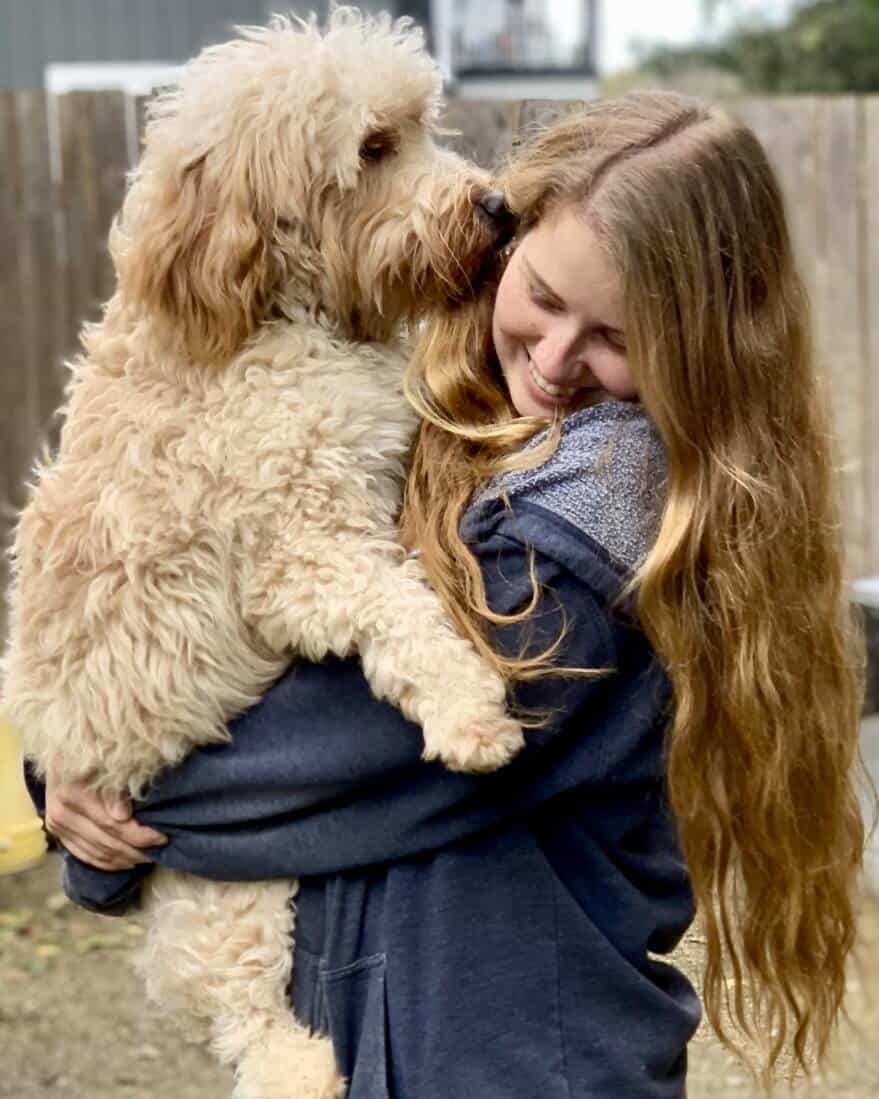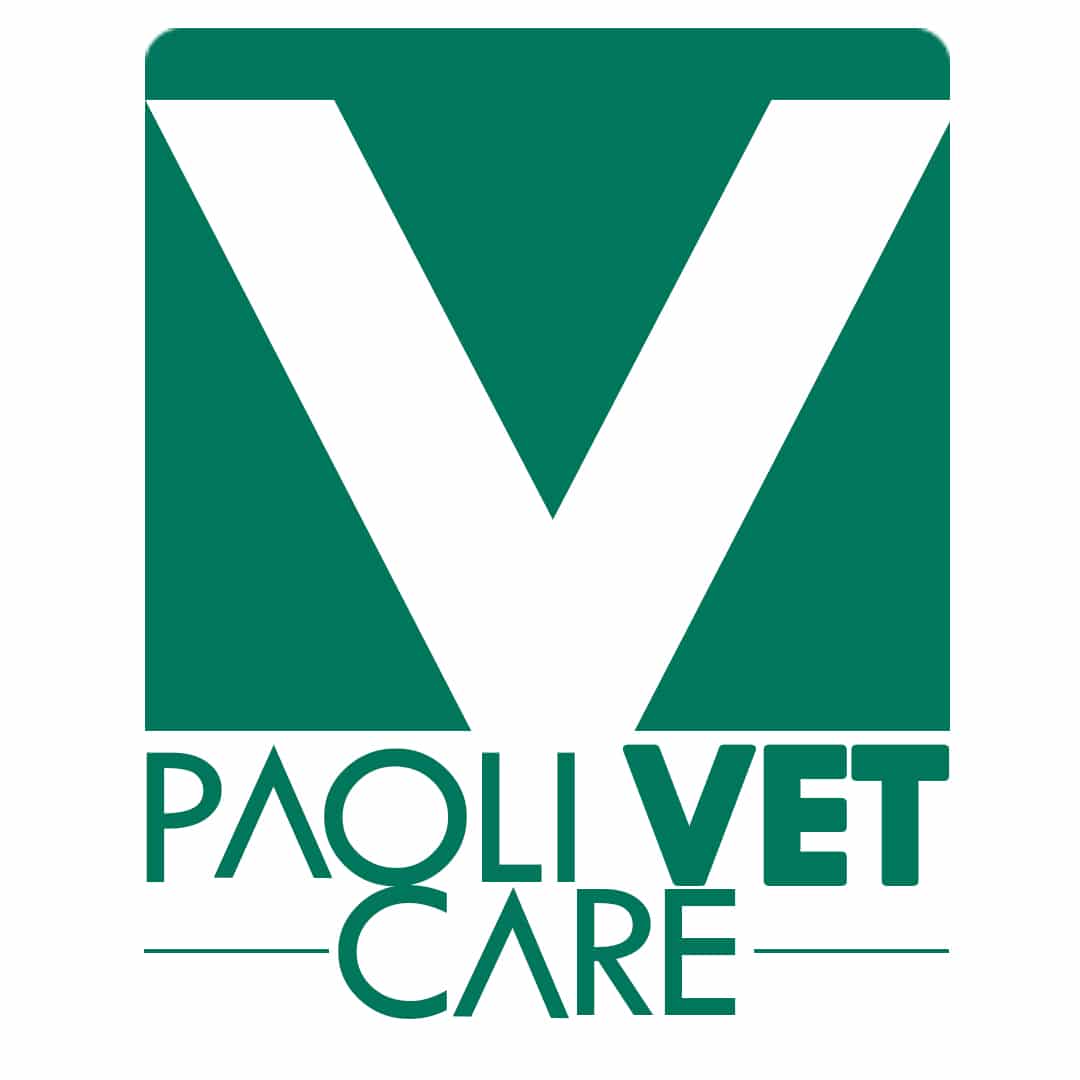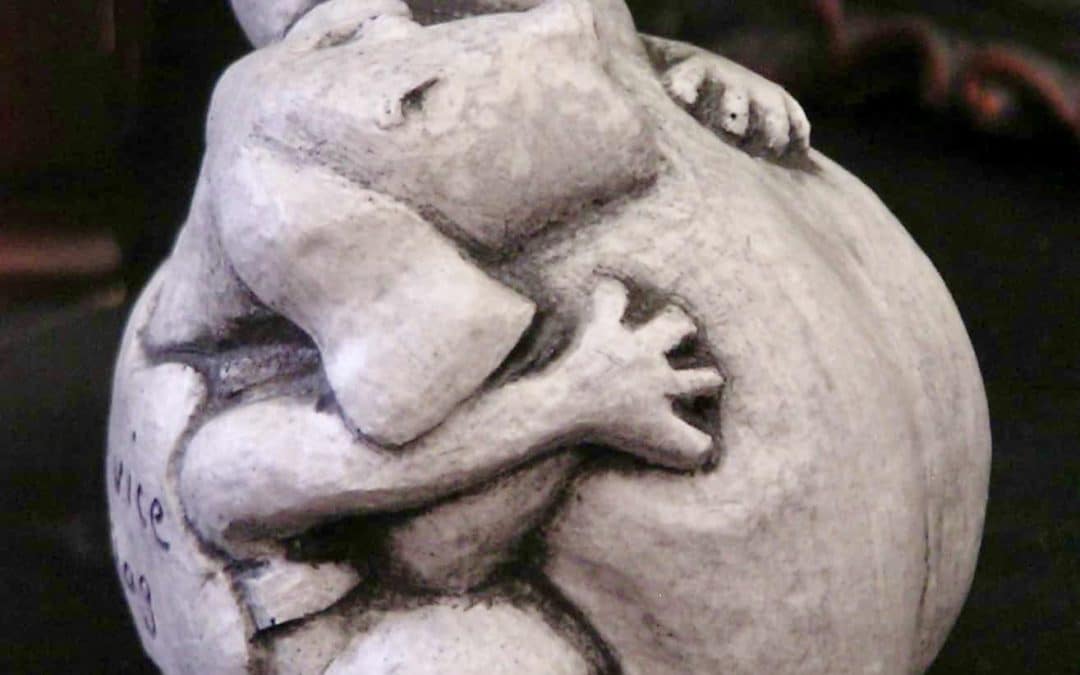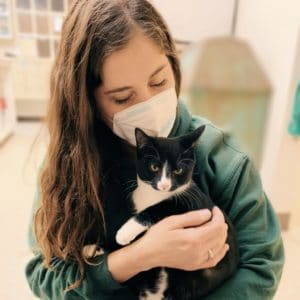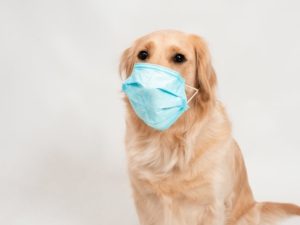Get Answers Quickly —
Table of Contents
- 1 Get Answers Quickly —
- 2 What You Need to Know about COVID-19, Testing, and Pets — Buddy’s Story
- 3 What Do We Really Know about COVID in Pets?
- 4 Animal Species Known To Get Sick with COVID
- 5 Questions We Need Answered ASAP
- 6 Should Your Pet be Tested for Coronavirus?
- 7 What Symptoms Do Pets Have with COVID?
- 8 What Should a Pet Owner Do If They Have COVID?
- 9 Consider Joining the Paoli Vetcare Family
What You Need to Know about COVID-19, Testing, and Pets — Buddy’s Story
Buddy, a Staten Island, NY German Shepard Dog who became the first dog in the United States to be confirmed positive for SARS-CoV-2, died on July 11, 2020. Buddy also had lymphoma, a type of cancer that explains the symptoms he suffered just before his death. It’s unclear whether the cancer made him more susceptible to contracting coronavirus from his owner or if it’s coincidental.
In an exclusive, National Geographic reports on what Buddy’s family experienced from his diagnosis to death. In April, Buddy developed a thick discharge from his nose and began to have trouble breathing. When his owner found out he was positive on Easter, he became convinced Buddy was infected too. It was difficult to get a diagnosis for Buddy because of the strict NY pandemic lockdown and their veterinarian’s skepticism.

Antibiotics were started, but Buddy became increasingly lethargic and lost weight over the next few weeks. Tests showed he had an enlarge liver and spleen, as well as a heart murmur. Buddy saw three different veterinarians and a specialist before finally being tested for COVID on May 15th—a month after his difficulty breathing began. Another German Shepherd dog in the house tested negative for the virus, but did have antibodies, indicating a previous infection. A follow up test on Buddy showed he too had antibodies, but no more coronavirus in his system.
Even though Buddy cleared the virus, his health continued to decline over the next month. His veterinarians focused on treating his symptoms. They still did not know he had lymphoma and weren’t sure how much COVID was or wasn’t contributing to his illness. On the morning of July 11th, bloodwork came back that indicated Buddy almost certainly had lymphoma. He was throwing up blood and his family decided it was time to euthanize him.
Buddy’s case brings up important questions—Are animals with underlying conditions more likely to get sick from coronavirus too? What about the small—but real—risk that coronavirus could take refuge in a new animal host and reintroduce it to humans int he future? Various research studies are underway at academic veterinary institutions across the US and the world to start answering these and other questions about COVID in animals.
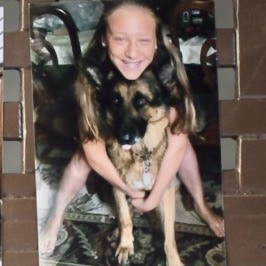
What Do We Really Know about COVID in Pets?
In the US at this time we have diagnosed more than 4 million people with COVID-19—but only 25 pets—about half dogs and half cats. The conventional wisdom is that pets rarely get COVID and if they do, it’s because they’re infected by their owner. Also, infected pets are either asymptomatic or mildly sick and they usually recover.
To some extent, the low number of animal cases being reported is likely because we are not actively pursuing mass testing of pets. We say large numbers of pets aren’t being infected, but we haven’t done large numbers tests on animals to be sure that is actually true. We do need to be testing pets more so we can begin to understand the implications of this zoonotic disease (transmitted between animals and humans) for both pets and people. COVID is known to infect many different of animal species.
Animal Species Known To Get Sick with COVID
- cats
- dogs
- lions & tigers
- mink
- ferrets
- bats
- hamsters
- non-human primates – Rhesus & cynomolgus macaques, Grivets, common marmosets

Questions We Need Answered ASAP
We know very little about human-to-pet transmission, pet-to-pet transmission, or pet-to-human transmission—it’s crucial rigorous studies are conducted to evaluate the risks in order to develop science-based protocols for testing the pets of COVID-positive people. We need answers to questions like:
- How often is there human-to-pet transmission?
- How often do infected pets get sick?
- What risk factors increase the odds of illness in pet?
- How long does an infected pet shed virus?
- What is the risk of transmission of coronavirus from an infected pet to a human or another animal?
Right now, it doesn’t make sense to test most pets at local vet practices. Knowing another 100 or more pets are positive doesn’t help our big picture understanding of the novel coronavirus disease in animals. Piecing together random positive test results from pets across the country won’t put to rest questions about prevalence, transmission, risk factors, etc. that could be answered by carefully controlled studies.
If you are sick with COVID and are wondering whether your pet should be tested, there are three relevant questions:
- What are the chances your pet was exposed?
- Does your pet have clinical signs that are consistent with COVID-19? Animals may present with a combination of respiratory symptoms or gastrointestinal illness.
- Will we do anything differently with a positive or negative result?
The answer to the last question—right now—is usually “no” which makes testing not worth the hassles and risks. Testing is a hassle because it must be approved by the state public health veterinarian and often sent to a special lab. Testing is risky because it exposes veterinary staff to a potentially deadly disease. Speak to your veterinarian to determine the best course of action in your particular situation. Currently, the CDC does not recommend routine testing of animals.
The primary message from the CDC and the World Organization for Animal Health (OIE) is similar: There is no evidence that animals play a significant role in the spread of the virus. Because of that, they do not recommend widespread testing of pets.
What Symptoms Do Pets Have with COVID?
- Fever
- Coughing
- Difficulty breathing or shortness of breath
- Lethargy
- Sneezing
- Nasal discharge
- Ocular discharge
- Vomiting
- Diarrhea
What Should a Pet Owner Do If They Have COVID?
If you are sick, restrict contact with pets & other animals, just like you would with people. Have another member of your household care for your animals while you are sick. Avoid contact with your pet, including petting, snuggling, being kissed or licked, & sharing food. If you must care for your pet or be around animals while you are sick, wash your hands before & after you interact with pets & wear a face mask.
Quarantine household pets exposed to COVID-19: Treat pets as you would other human family members – do not let pets interact with people outside the household. Keep cats strictly indoors during the quarantine period. Cats with coronavirus are contagious to other cats so it’s important to keep any potentially sick cat isolated.
Consider Joining the Paoli Vetcare Family
We invite you to meet Dr. Jay Rowanand Dr. Erin Downes — the best reviewed veterinarians on the Main Line—for a physical exam or second opinion. You can book an appointment online now. If you’d like to support our animal hospital, please shop for your pet food and medications through the Paoli Vetcare Online Pharmacy.
